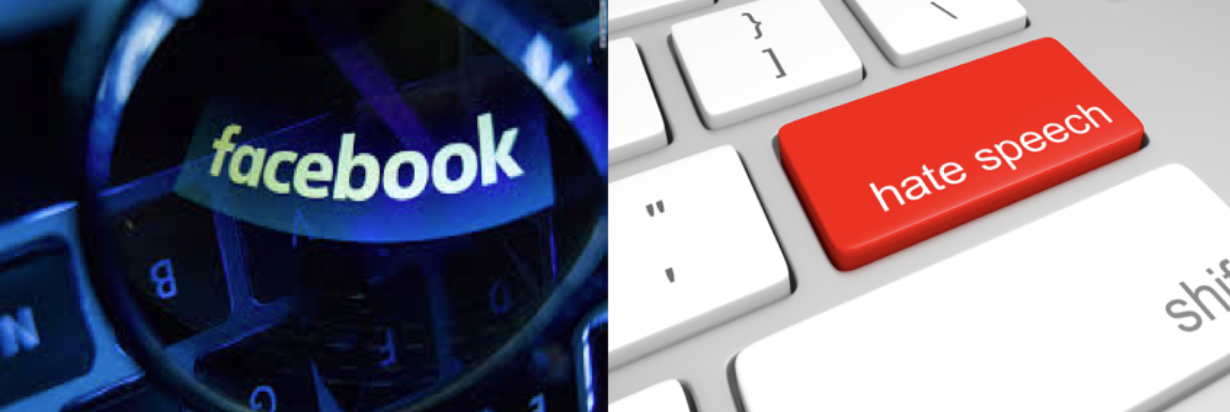JABER AL SABAH WRITES — Facebook was intended to connect the world and bring people closer to each other. But the current political climate both in the US and abroad is proving to have the opposite effect—the power of connectivity is being used to harness hate and segregation. Facebook has particularly done so throughout South East Asia.
First, consider media response to the genocide of Rohingya Muslims. In 2017, the government conducted a military operation resulting in over 700,000 Rohingya people fleeing toward Bangladesh.
Some may argue that social media played a role in this persecution. Myanmar underwent an economic liberalization process at the turn of the century, opening up its market to the world and, by 2013, lowering the rates of SIM cards from 200 to 2 US dollars. This paved the way for a huge portion of the population to access the internet. The government, in turn, loosened its regulations and restrictions in exchange for greater participation, both economically and socially.
This access to mass social media communication may have led to an exacerbation of pre-existing ethnic tensions between upper-class Buddhists and Rohingya Muslims. Facebook served as a platform on which to spread hundreds of posts targeting and inciting hatred against Rohingya Muslims. When a UN report suggested an investigation of top Myanmar government officials suspected of genocide and crimes against humanity, the Myanmar government rejected such allegations. Yet UN investigators reported that Facebook played a key role in perpetuating the hate.
Facebook’s harmful effects are not limited to Myanmar. The controversial president of the Philippines, Rodrigo Duterte, used it as a platform on which to further his election campaign. He effectively used social media to establish his leadership, denounce anti-Duterte sentiment as propaganda and promote his initiatives for tackling the rampant drug problem resulting in the deaths of over 12,000 people. Also, pro-Duterte accounts were used to influence millions of people and encourage them to bully his critics, such as journalists and activists.
Facebook has been accused, too, of siding with the government in other countries by blocking information. When Thailand experienced a military coup in 2014, its government was dissolved and its Prime Minister impeached. The new government blocked Facebook in order to suppress opposing views. Subsequently, Facebook agreed to block any content that would be considered offensive to the Thai royal family, changing its initial plan to block Facebook.
Although countries are within their rights to block access to social media sites like Facebook, their failure to otherwise effectively manage hate speech and comply with government requests has landed Facebook in hot waters. Someone, somewhere, has to take the heat!

